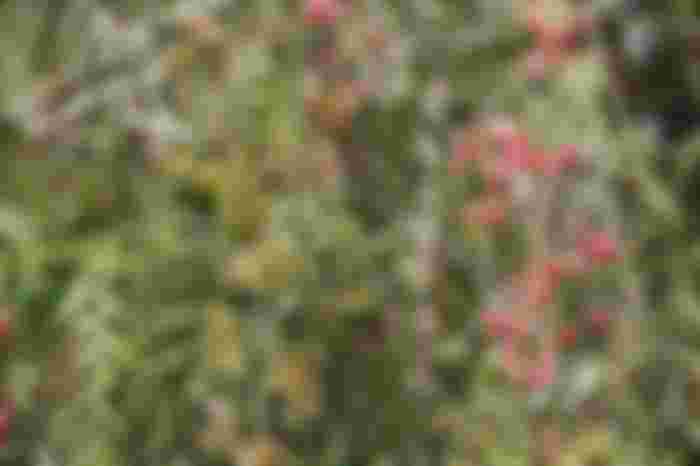There is an expression in German, Dutch, Swedish, Danish and Polish, where a place “where the pepper grows” is used about a not further defined, bad, hot, distant place – symbolically equivalent to hell or “the end of the world”. These expressions most likely started in German and spread from there.
Bleib doch, wo der Pfeffer wächst! (Stay where the pepper grows!)
Geh doch dahin, wo der Pfeffer wächst! (Go to where the pepper grows!)
Irgendwo, wo der Pfeffer wächst. (Somewhere where the pepper grows.)
But is there a real place behind these expressions? Where does ”the pepper grow”? Where is this ”Pfefferland”?
We can never be entirely sure of that, but according to most sources this originally referred to Cayenne in Guyane Française, a virtual hell for Europeans in those days, later sometimes to Madagascar.

There is a detail to consider, however. Cayenne pepper is not named after the place Cayenne. As a geographical term it is a form of the French name for Guyana, Guyane.
The term cayenne, in cayenne pepper, is derived from Tupi, kyynha, capsicum. Tupi was the language of the Tupi people; they were and to some extent are an indigenous people of Brazil.
Another fact is that a place where the pepper grows was idiomatically referred to in German at least as early as 1512 [Thomas Murner, Narrenbeschwörung] while Guyana wasn't colonised by the French until the 1600s. That makes it unlikely that ”wo der Pfeffer wächst” (where the pepper grows) referred to (or was inspired by) the geographical Cayenne.
In the end it is not impossible that these expressions are based on the much older knowledge that pepper came from India. Black pepper is ”the black gold of Kerala”, and India can very well have been seen as ”the end of the world” by a 16th century German.
If any reader knows about this use of the word "pepper" and "where the pepper grows" in any other language than those mentioned above, please let me know in a comment.
Copyright © 2020 Meleonymica/Mictorrani. All Rights Reserved.
(If you liked this, please consider leaving a tip, either here or via CoinTr.ee)
If you are interested in words and expressions, join my community The Power of Words (4be2).
You find all my writings on Read.Cash, sorted by topic, here.

So then what's the expressions in Dutch, Swedish, Danish and Polish?